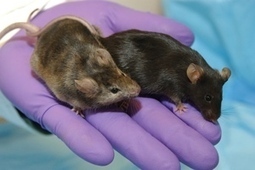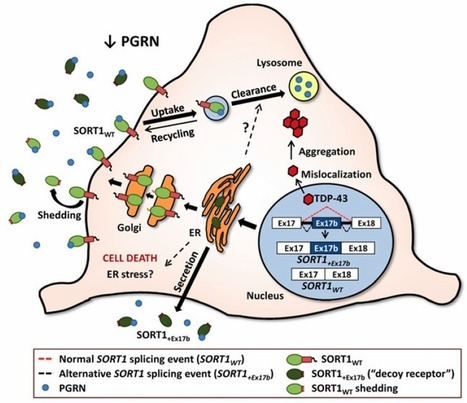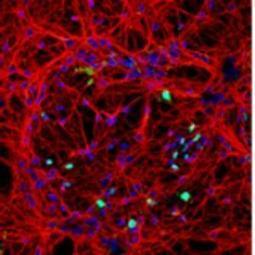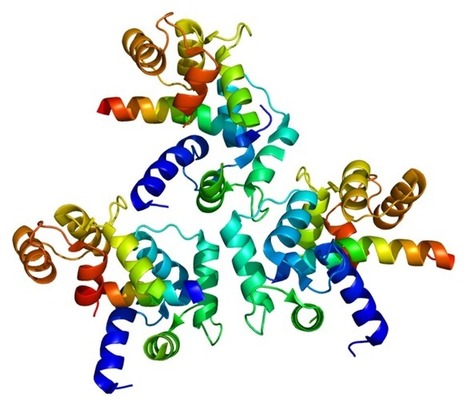In an experiment that might seem like something only a mad scientist would conjure, researchers injected human brain cells into the brains of mice to see how it would affect the way the mice thought. It did: the mice got smarter.
But the cognition boosting cells weren’t neurons...



 Your new post is loading...
Your new post is loading...










